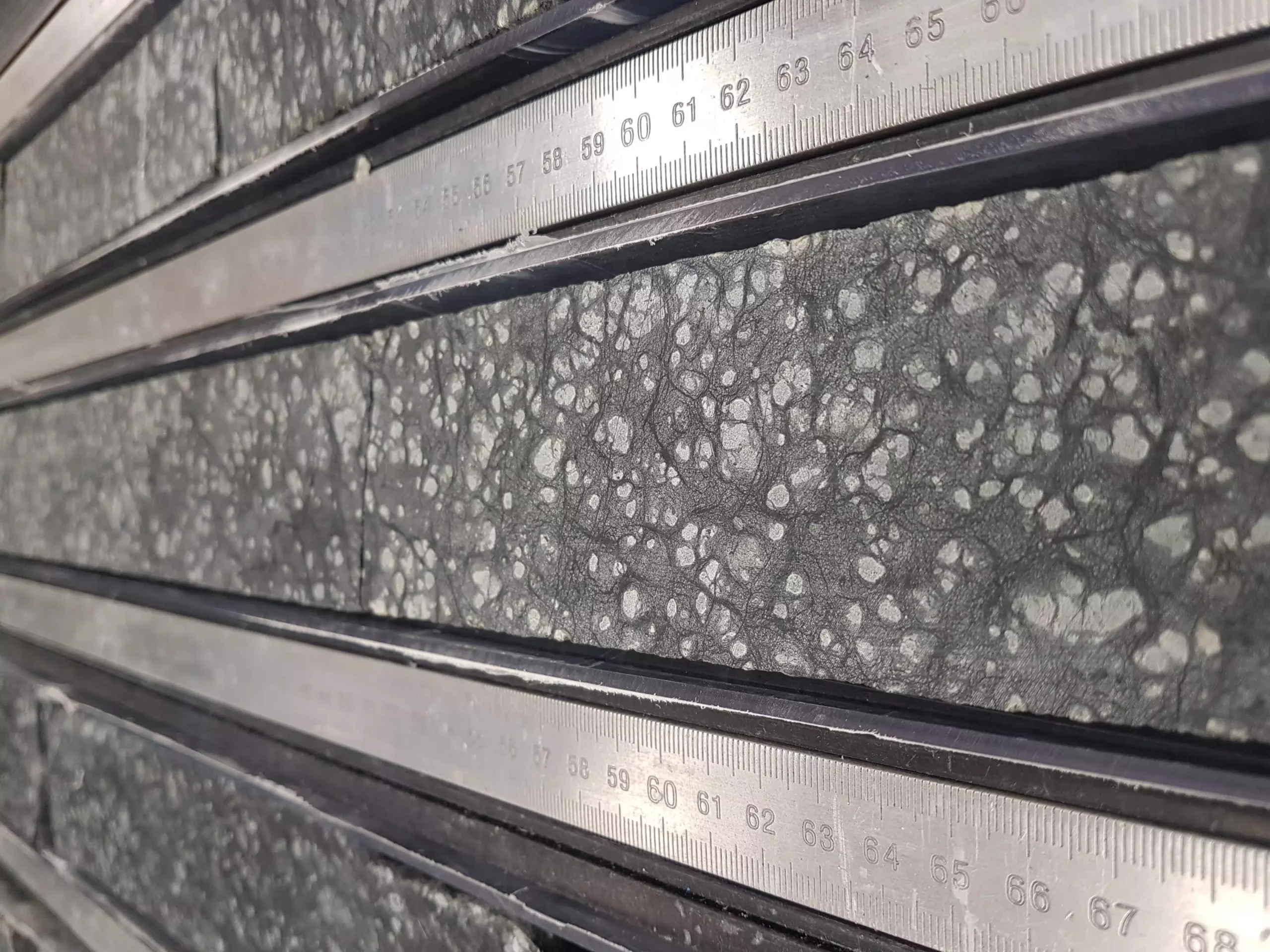Scientists have made a groundbreaking discovery by recovering the first long section of rocks originating from the Earth’s mantle. This discovery sheds light on the mysteries surrounding the Earth’s mantle, which plays a crucial role in the origins of life on our planet. The rocks recovered will provide valuable insights into the volcanic activity associated with mantle melting, as well as how it influences global cycles of essential elements like carbon and hydrogen.
The Expedition and Discovery
The nearly continuous 1,268 meters of mantle rock was extracted from a “tectonic window” on the seabed along the Mid-Atlantic Ridge during Expedition 399 “Building Blocks of Life, Atlantis Massif”. This record-breaking achievement was made possible by the International Ocean Discovery Program, a global research consortium dedicated to understanding Earth’s history through the collection of sediment and rock cores from the ocean floor.
The research team has been meticulously analyzing the recovered mantle rocks to gain a better understanding of their composition, structure, and significance. The findings, detailed in the paper “A long section of serpentinized depleted mantle peridotite” published in Science, reveal unexpected results. Lead author Professor Johan Lissenberg highlights the high concentrations of magnesium in the rocks, indicating extensive melting in the mantle that was previously unknown.
Implications for Earth’s Evolution
The melting process observed in the recovered mantle rocks as they ascended towards the Earth’s surface has significant implications for understanding magma formation and volcanism. The discovery of magma transport channels within the mantle provides vital information on the journey of molten rock from its source to the Earth’s surface. This knowledge is crucial for linking volcanic activities, especially those on the ocean floor, to their origins in the mantle.
The study also delves into the interaction of olivine, a common mineral in mantle rocks, with seawater, leading to chemical reactions that produce hydrogen and other molecules essential for sustaining life. This process could have been fundamental in the origin of life on Earth, providing a consistent source of fuel and favorable conditions over long periods.
Continued Research and Future Prospects
The international team of scientists from the JOIDES Resolution expedition will continue their research on the recovered mantle rocks to address a wide array of scientific questions. Dr. Andrew McCaig emphasizes the significance of Expedition 399 in laying the groundwork for future studies in disciplines ranging from mantle melting processes to microbiology.
Overall, the recovery and analysis of the mantle rocks represent a significant step forward in unraveling the mysteries of Earth’s evolution and the role of the mantle in shaping the planet’s history. This groundbreaking discovery opens up new avenues for research and holds the promise of revealing further insights into the origins of life and the dynamic processes that drive our planet.


Leave a Reply